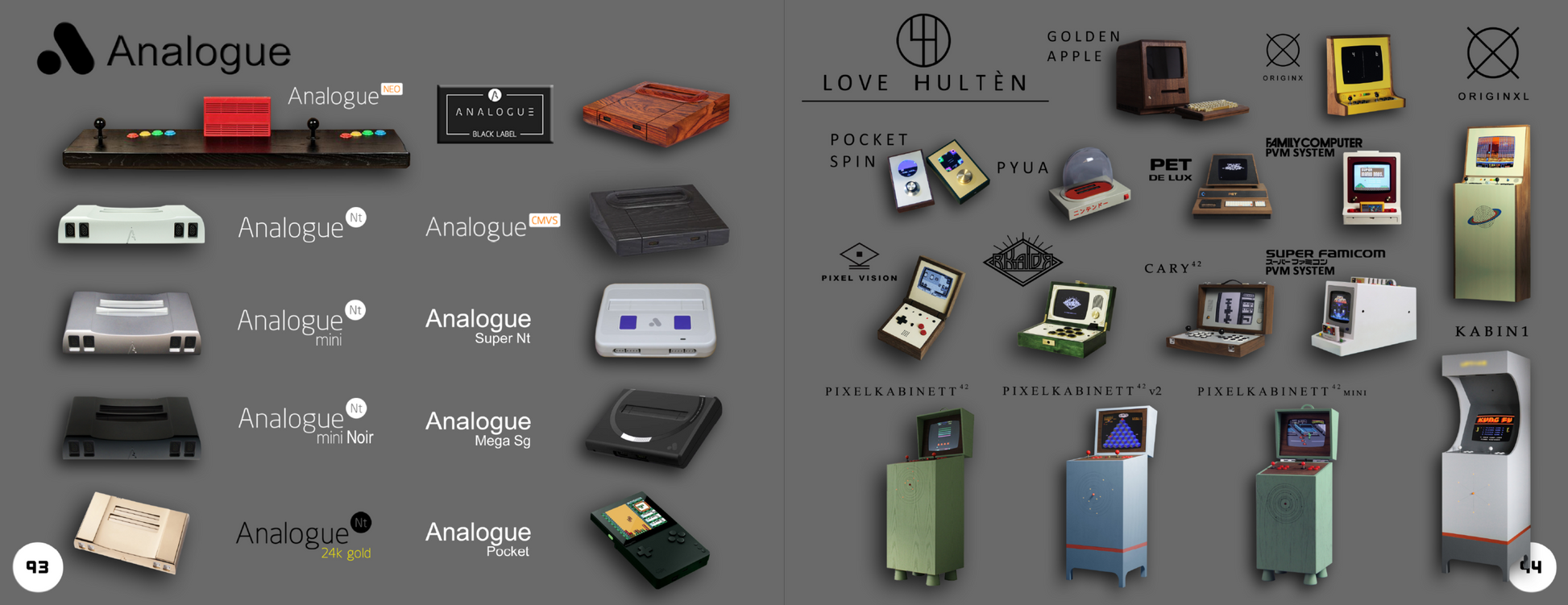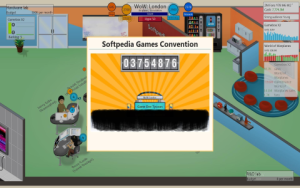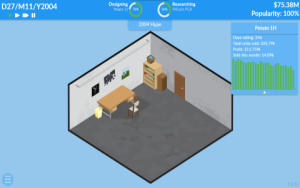excludes video game hardware
I like playing games. But not every day, right? Sometimes I just want to sit there and watch some videos or browse some stuff. So I got this idea in my head – what if I could separate my gaming stuff from my everyday computer stuff?
So, first, I did some digging around. I looked at Steam, you know, that place where you buy all the games. Turns out, all the games on Steam have these “system requirements.” And it’s all mixed up with regular computer hardware, like graphics cards and processors.
Then I broadened my search a bit. I started looking at how other folks talk about video games. I saw phrases like “buying guide” and lists of gaming consoles, like Xbox, PlayStation, and Nintendo Switch. But I wanted to exclude video game hardware. Keep it completely separate.
I dug a bit deeper. I found out that when people talk about video game “software,” they mean the code and data on the discs or cartridges, not the actual physical thing. So, technically, I could talk about the software without mentioning the hardware it runs on.
I stumbled upon something called “hardware acceleration.” It’s basically a way for your computer to use a special chip to handle video and stuff. That could be useful later on, to make sure my non-gaming stuff runs smoothly, even if I’m not dealing with games at all.

Also, I learned that there’s this thing called the “Games Consoles Voluntary Agreement.” Sounds boring, but it’s actually about making gaming consoles more eco-friendly. It is not the focus, but maybe there’s a way to apply that idea to my project, you know, make it energy-efficient, even without dealing with gaming consoles directly.
So, I started thinking about how to actually make this happen. I could set up a separate user account on my computer, one just for everyday stuff and one for gaming. I could use a virtual machine, which is like a computer within a computer. I could even get a separate hard drive just for non-gaming stuff.
- Separate User Accounts: Easy to set up, but might not be the cleanest separation.
- Virtual Machine: More complex, but offers better isolation.
- Separate Hard Drive: Most thorough separation, but involves messing with hardware.
In the end, I decided to go with the separate hard drive. I grabbed an old one I had lying around, installed a fresh operating system on it, and set it up just for browsing, watching videos, and doing work stuff.
It’s been working pretty well so far. When I want to play games, I just switch to the other hard drive. And when I’m done, I switch back. It’s a bit of a hassle, but it feels good to have that clear separation.
It’s like having two separate computers in one. One for games, one for everything else. And the best part? I don’t have to worry about game updates messing with my work stuff, or my work stuff slowing down my games. It’s a win-win. It is a bit rough around the edges, but I like it this way.







